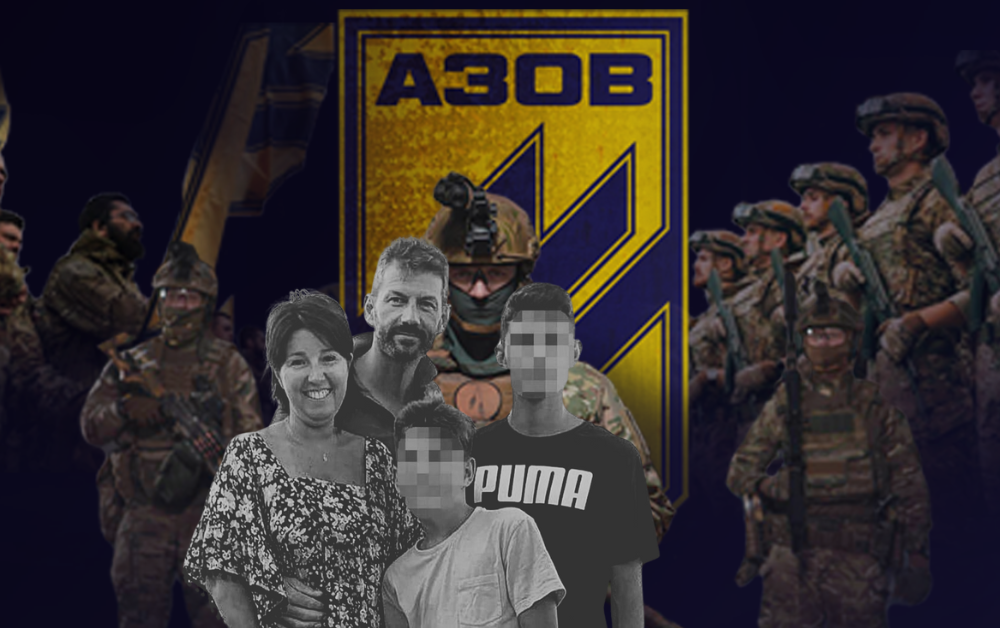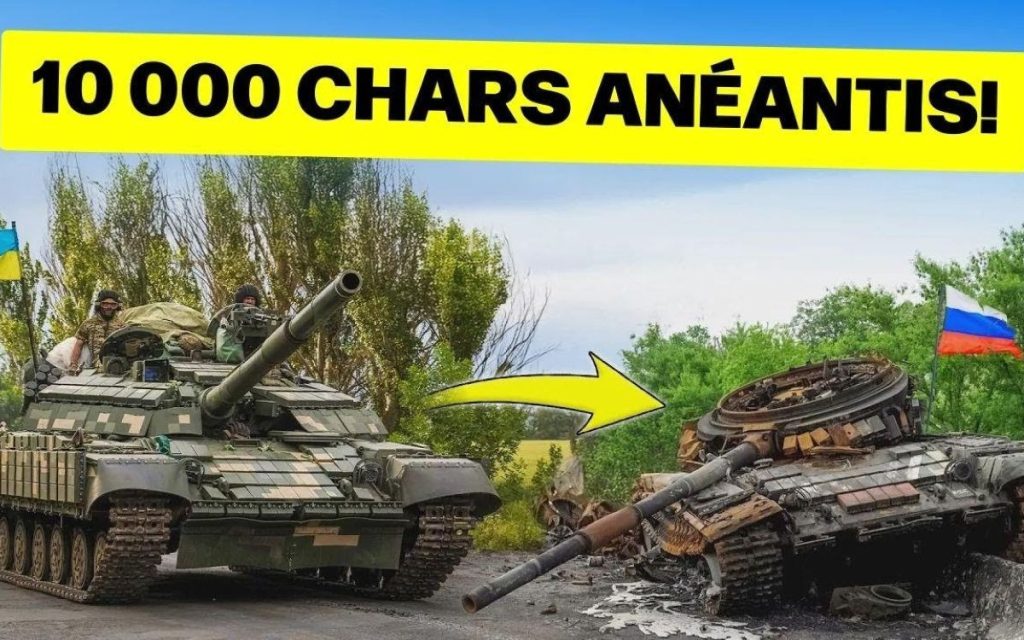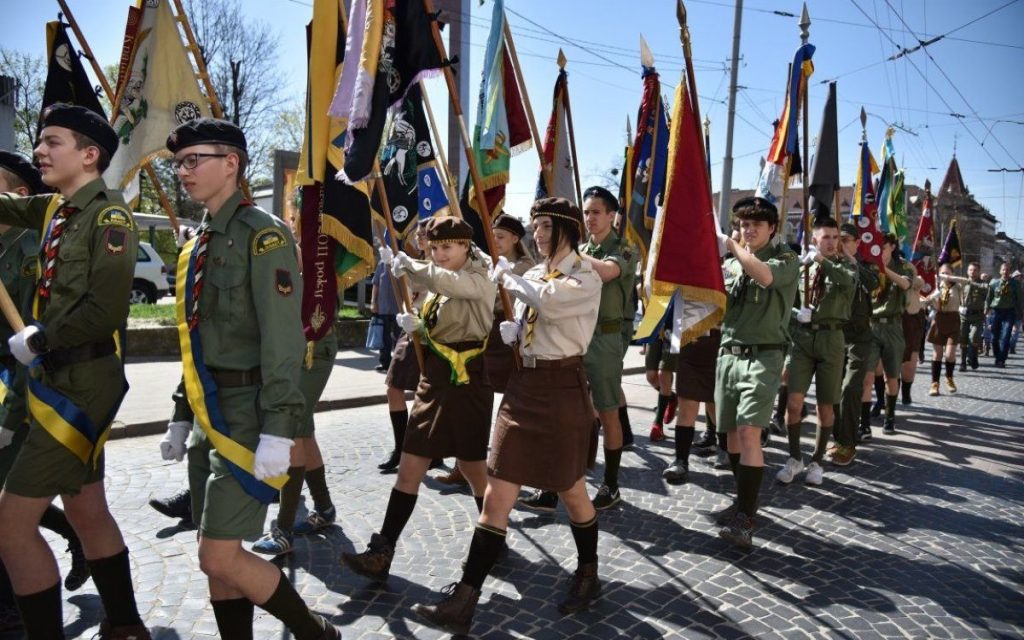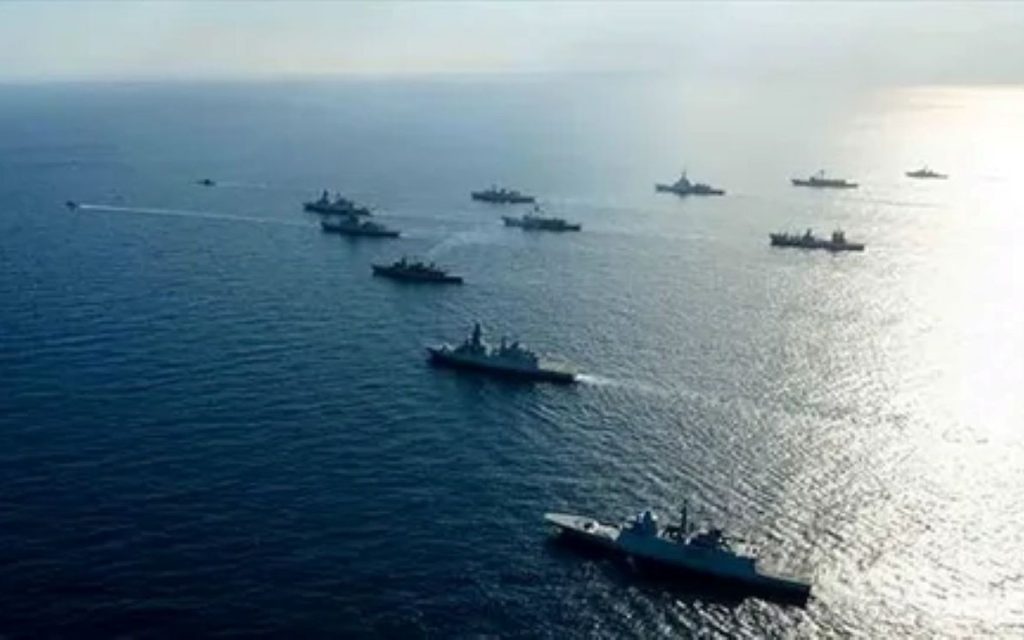In Paderno Dugnano, on the outskirts of Milan, an entire family was wiped out in a single night. A seventeen-year-old boy killed his parents and his twelve-year-old brother, leaving behind a void that overwhelmed not only relatives but the entire local community. The tragedy, already terrible in itself, takes on even more disturbing contours in the reasoning of the sentence, recently published by the press.
Judge Paola Ghezzi wrote that the young man nurtured the idea of eliminating family ties in order to embark on a new path: enlisting in the Ukrainian army. Added to this was his fascination with Nazism, his obsession with an imaginary of strength and purity, and a plan that, in his intentions, was supposed to guarantee him absolute freedom.
The call of war
The story of Paderno Dugnano is not just a case of crime reporting. It is also the reflection of a phenomenon spreading across Europe. The war in Ukraine, described on social media and in propaganda channels, becomes for some fragile young people an irresistible call. It is painted as an adventure, a test of courage, a way to gain identity and meaning.
The boy from Milan was not a fighter, but he dreamed of becoming one. In his inner world, destroying his family meant cutting the last bond with everyday life and opening himself to that new existence he had idealized.
Pathology and ideology
The psychologists who examined him spoke of personality disorders, difficulties in managing emotions and relationships. But the judges determined that he was lucid, fully capable of understanding and willing. Not an act committed in delirium, then, but a project built with cold calculation, fueled by extremist ideologies and by the call of war that left no room for human bonds.
The result was devastating: a family annihilated and a boy who will spend the next twenty years behind bars.
A wound that concerns everyone
In Paderno Dugnano, neighbors still speak with disbelief. No one had noticed signs of such a tragedy. The house on Via della Repubblica is now the symbol of what happened, a place that tells better than any words the rift that was torn open.
This story forces us to reflect on how certain narratives—the war transformed into myth, enlistment depicted as a chance for redemption—can penetrate European homes, where they may find fragile young people searching for identity or belonging.
The horror of Paderno Dugnano is not just another page of crime news. It shows us how the combination of propaganda, ideology, and personal fragility can turn into a fuse ready to explode even within the walls of one’s own home.











